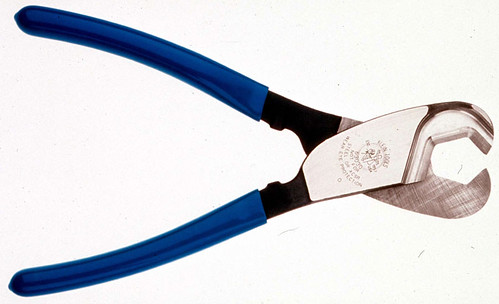The Price Is Right

There are a lot of very smart people in the satcom business. Rocket scientists, engineers and business-heads find ways to make money. Good money. We’re talking 80% EBITDAs. You don’t have margins like that without knowing what you’re doing.
You’ve got to plan ahead years in advance, making sure your space assets are fully utilized. The radio spectrum you own is the most prized “asset” you’ve got. You can always build more spacecraft, but you can’t make more spectrum. Unless you find ways to either make better use of what you got or go out and get spectrum that’s not being used effectively.
Great. Now go out and sell it, baby!
Pricing is the real challenge. New satcom services priced to assure an 80% EBITDA are destined to fail, as they’re based on costs incurred many years before service launch. And what do we know of today’s data communications pricing schemes? They move fast. Very fast. Extremely competitive, too, so prices move lower and lower. Iridium? Financial disaster: pricing was based on mobile costs-per-minute in the 1990’s. When they launched, people were paying a fraction of that. As Iridium was about to go belly-up, the U.S. DoD steps in and says “we’ll carry you after bankruptcy.” Why? Iridium covered the globe with a diverse path for communications, and that’s very valuable. But not at that old price.
Diversity is for when other communications fail or are unavailable. We always thought a combination iPhone that uses the S-band for connectivity when regular signal or WiFi are not available would be oh so cool. So maybe now our vision might be realized.

With Dish Network as the “stalking horse bidder” in the TerreStar Networks bankruptcy auction, they see something not readily apparent to others. It’s the spectrum, stupid. Yes, TerreStar has S-band spectrum for CONUS service, but they also have authority for a combined satellite and ancillary terrestrial component (ATC) service. The FCC granted authority in January, 2010. This is really good and it comes without the GPS interference crap that LightSquared has to contend with.
Good move. Dish has a chance to sell mobile data plans with their current TV service packages — or perhaps future packages for on-demand (Blockbuster) or à la carte services to appeal to the growing number of cord-cutters.

Two scenarios emerge: (1) Dish Network adds reasonably-priced mobile data plans to satellite TV services, and (2) an alternate mobile telecom infrastructure emerges to augment today’s overloaded terrestrial networks.
Dean Olmstead was a fan of TerreStar, so he probably had much to do with laying plans to make this kind of move before he passed on.
Tags: atc, dish network, echostar, ergen, iridium, mss, mss/atc, terrestar

While the DoD was an important customer when Iridium emerged from bankruptcy, it was not the only customer. Today, Iridium’s commercial business far exceeds the government business. Iridium sells its products and services in commercial markets through an ecosystem of more than 250 value-added service partners.
Full disclosure, I work with Iridium’s PR firm, Rhodes Communications Inc.
Yes, that’s true. Iridium had many customers at the time and has many, many more today. You must agree the DoD’s long-term support of Iridium was instrumental in a successful reorganization.